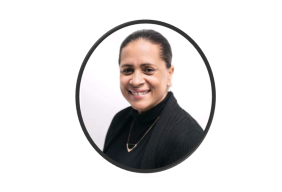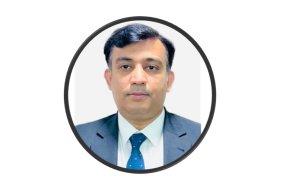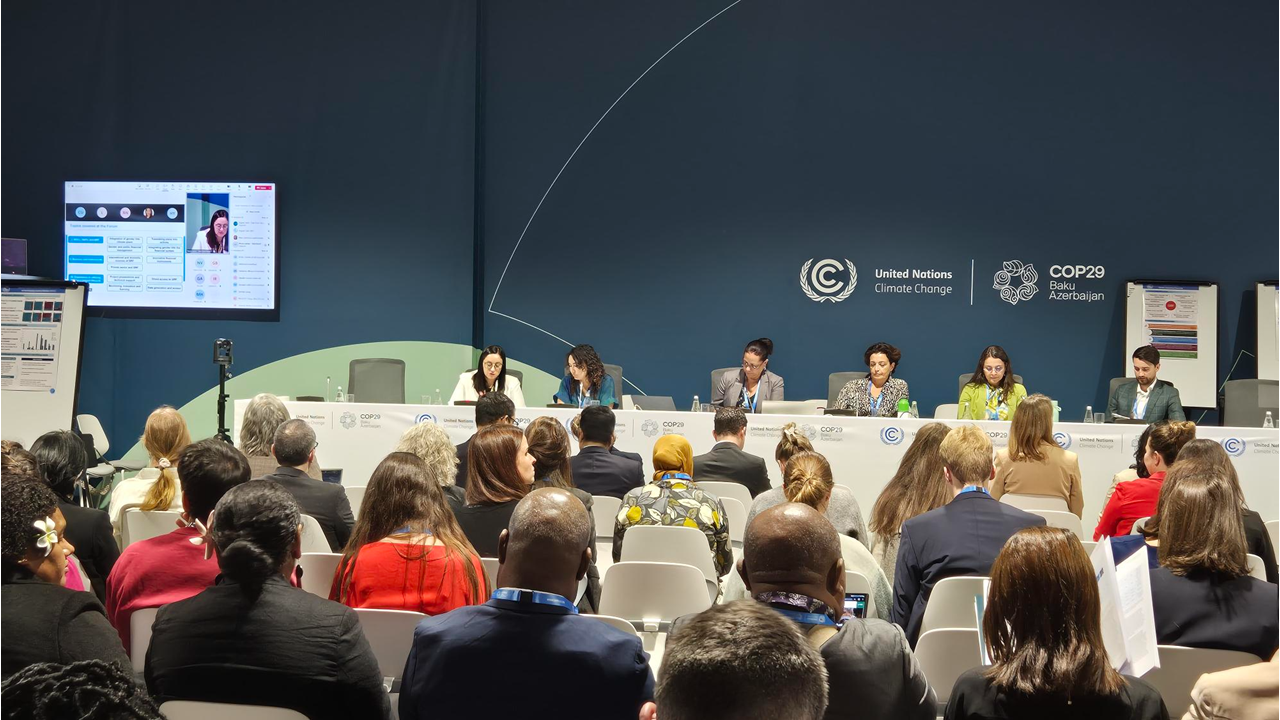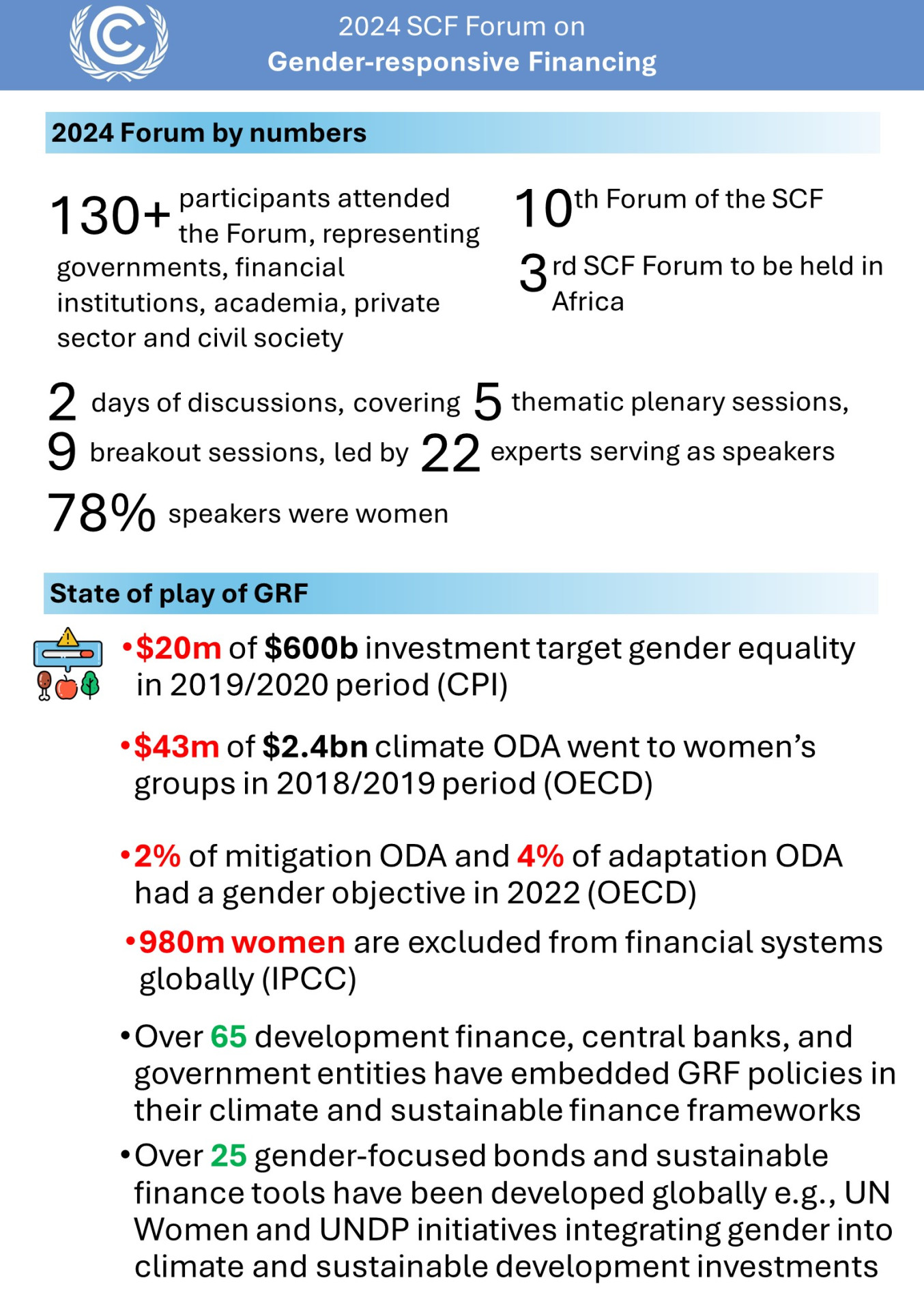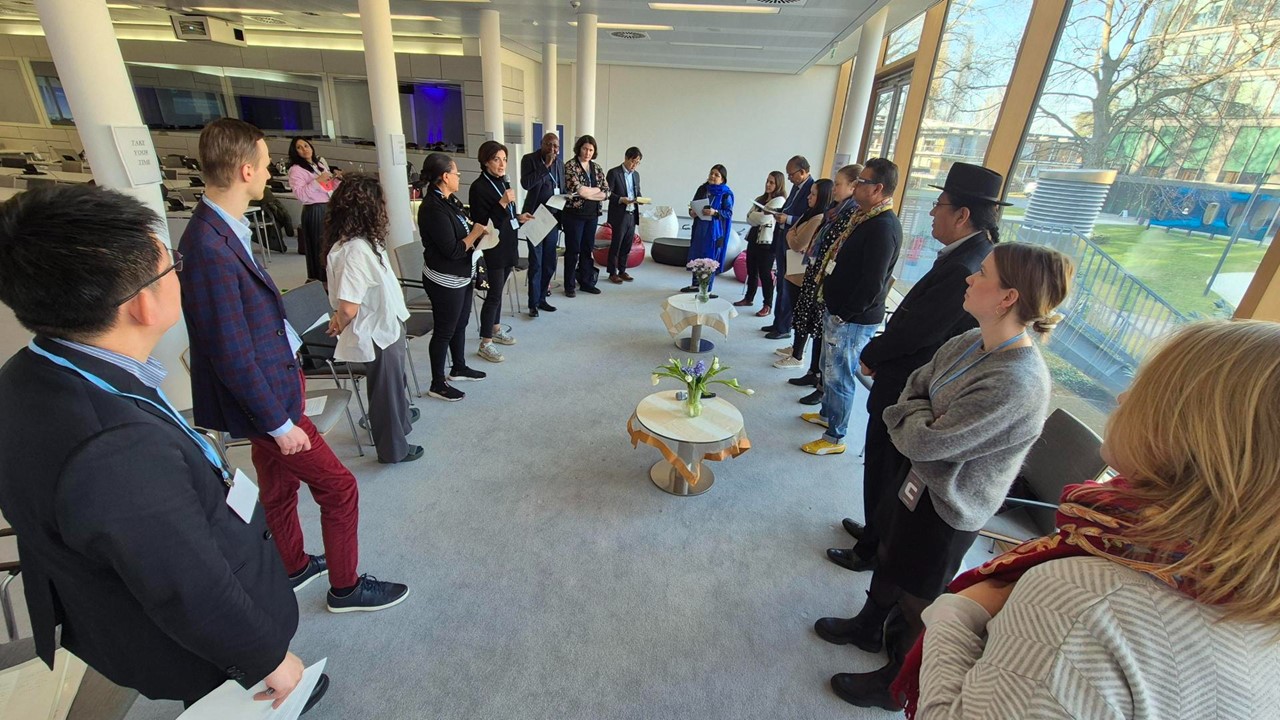Mr. Diego Pary Rodríguez is the Ambassador and Permanent Representative of Bolivia to the United Nations (UN).
Born in Potosí, Bolivia, he completed his primary education in his hometown of Chajnacaya and his secondary education at “Colegio Pablo VI” in the town of Caiza "D."
In 1996, he began his university studies at the Mayor, Real y Pontificia San Francisco Xavier University of Chuquisaca in Sucre, where he earned Bachelor’s degrees in Pedagogy and in Quechua–English Languages. He also earned a Law degree from NUR University in La Paz. He further complemented his education with studies in radio communication, higher education, and Indigenous peoples’ rights. He holds a Master’s degree in Higher Education, a Master’s degree in International Negotiations from the University of Barcelona, and a Master’s degree in International Law and Integration from Andina Simón Bolívar University. He is currently a Ph.D. candidate in Political Science and International Relations.
His professional career began in 2002 in the departments of Chuquisaca, Potosí, and Tarija, where he trained municipal authorities and Indigenous leaders through social organizations and local governments at the 'Fundación Acción Cultural Loyola' (ACLO).
In 2005, he was appointed as a member of the advisory team of the Bolivian Indigenous Movement, responsible for structuring the proposal for the New Political Constitution of the State on behalf of Indigenous Organizations. Once the historic process of the refoundation of the Plurinational State of Bolivia began in 2006, he was appointed as an Advisor to the Constituent Assembly representing the Indigenous Movement.
In 2008, his expertise in education and experience in indigenous leadership led to his appointment as Coordinator of the Indigenous Intercultural University of Latin America and the Caribbean under the Fund for the Development of Indigenous Peoples of Latin America and the Caribbean (FILAC). That same year, he was designated Vice Minister of Higher Education in Bolivia’s Ministry of Education, where he spearheaded major reforms in the country’s education system, including: the creation of three Indigenous Universities; the recognition of Indigenous knowledge and expertise through the Certification of Competencies; the transformation of teacher training; the strengthening of technical and technological education; and the approval of Bolivia’s new Education Law.
From May 2011 to September 2018, he served as Ambassador and Permanent Representative of the Plurinational State of Bolivia to the Organization of American States (OAS) in Washington, D.C. During his tenure, he chaired and vice-chaired the Permanent Council of the OAS and led various bodies, including the Inter-American Council for Integral Development, the General Commission, the Commission on Juridical and Political Affairs, the Commission on Hemispheric Security, and the Working Group on Indigenous Peoples. Additionally, he coordinated the ALADI Group and played a key role in the adoption of the OAS General Assembly Declaration in Cochabamba (2012) and the American Declaration on the Rights of Indigenous Peoples (2016) in the Dominican Republic.
In September 2018, he was appointed Minister of Foreign Affairs of Bolivia, a position he held until November 2019. During his tenure, he led the country’s foreign policy with a sovereign and multilateralist approach, strengthening international cooperation and promoting regional integration.
After returning to diplomacy, in November 2020, he was appointed Ambassador and Permanent Representative of Bolivia to the United Nations (UN). In this role, he defended the principles of the UN Charter, advocated for Indigenous Peoples’ Rights, and promoted the defense of the Rights of Mother Earth and financing for sustainable development.
Currently, he is a member of the Standing Committee on Finance (2024–2025) of the United Nations Framework Convention on Climate Change (UNFCCC), as well as the Advisory Committee on Nominations (2024–2027) of the International Criminal Court (ICC).
Diego Pary has a deep connection with his community and ancestral knowledge. He believes that education and diplomacy are powerful instruments for transforming societies and building bridges between cultures. His work has been guided by the principles of sovereignty of peoples, the defense of human rights, and the promotion of dialogue as a tool for conflict resolution. His commitment to social justice, environmental protection, and the inclusion of Indigenous peoples in decision-making processes continues to drive his efforts on both national and international levels.





